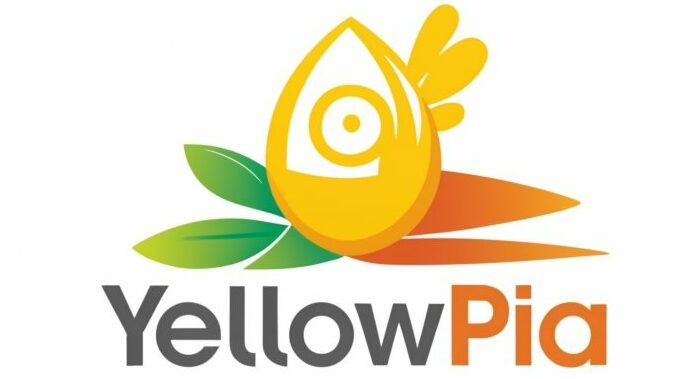Introduction
In today’s digital landscape, where attention spans are shorter than ever, content marketing has emerged as a powerful strategy for businesses to connect with their target audience, build brand awareness, and drive engagement. This article explores the world of content marketing, its importance in the digital marketing realm, and effective strategies for creating compelling content that resonates with audiences.
Understanding Content Marketing
Content marketing involves the creation and distribution of valuable, relevant, and informative content to attract and engage a specific target audience. Unlike traditional advertising, content marketing aims to provide value to consumers, establishing credibility, trust, and loyalty over time. It leverages various formats such as blog articles, videos, podcasts, infographics, social media posts, and more to deliver meaningful messages and foster a connection with the audience.
The Importance of Content Marketing
- Building Brand Awareness: By consistently creating and sharing valuable content, businesses can increase their visibility, establish thought leadership, and build brand recognition. Engaging and relevant content helps businesses stay top-of-mind with their target audience.
- Driving Traffic and Lead Generation: Well-crafted content attracts organic traffic to a business’s website, blog, or social media platforms. By providing value to visitors, businesses can convert them into leads and nurture them through the sales funnel.
- Establishing Credibility and Trust: When businesses consistently deliver informative and valuable content, they position themselves as industry experts and gain the trust of their audience. This trust translates into stronger relationships, customer loyalty, and increased credibility in the market.
- Enhancing SEO and Search Rankings: High-quality content that aligns with relevant keywords and addresses users’ search intent can improve a website’s search engine optimization (SEO). Optimized content helps businesses rank higher in search results, increasing organic visibility and attracting more traffic.
Strategies for Effective Content Marketing
- Define Your Audience: Clearly identify and understand your target audience. Develop buyer personas that encompass their demographics, needs, pain points, and preferences. This knowledge will guide content creation and ensure it resonates with your intended audience.
- Create Engaging and Valuable Content: Craft content that educates, entertains, or solves a problem for your audience. Offer unique insights, actionable tips, and relevant information that adds value to their lives. Use storytelling techniques to make your content relatable and memorable.
- Diversify Content Formats: Experiment with different content formats to cater to various audience preferences. Incorporate blog articles, videos, infographics, podcasts, social media posts, and interactive content to provide a multi-dimensional experience.
- Implement a Consistent Publishing Schedule: Consistency is key in content marketing. Develop an editorial calendar and establish a regular publishing cadence to maintain audience engagement and build anticipation for new content.
- Leverage SEO Best Practices: Conduct keyword research to identify relevant terms and phrases. Optimize your content with appropriate keywords, meta tags, headings, and alt text to improve visibility in search engines and attract organic traffic.
- Promote and Distribute Your Content: Utilize various channels to promote and distribute your content effectively. Leverage social media platforms, email marketing, influencer collaborations, and guest posting to amplify your reach and attract new audiences.
- Measure and Analyze Performance: Use analytics tools to track the performance of your content. Monitor metrics such as website traffic, engagement rates, conversion rates, and social media metrics. Analyze the data to gain insights into what content resonates most with your audience and refine your strategy accordingly.
Conclusion
Content marketing is a dynamic and impactful strategy that allows businesses to connect with their target audience, build brand authority, and drive engagement in the digital age. By creating valuable, relevant, and engaging content, businesses can establish credibility, increase brand awareness, and nurture customer relationships. By understanding their audience, employing diverse content formats, and leveraging SEO best practices, businesses can create a successful content marketing strategy that captivates audiences, drives organic traffic, and fuels business growth in the digital era.

